Granted, the hack is not easy to accomplish, requiring specific information about the targeted vehicle as well as the system architecture, but it is doable. The biggest takeaway from this whole ordeal, however, is that Chrysler has now conducted a recall on 1.4 million vehicles because of this vulnerability. It’s one thing when you get annoying spam on your computer. It’s an entirely different type of game when someone hacks into your car, disables the steering, locks the doors, and then has the vehicle go to wide open throttle. This is the stuff of menace. If they aren’t already, the CIA must be salivating at the prospect of getting certain world leaders into a new Jeep at no money down, no interest for six months.
When the scales become unbalanced, then we have to make a choice. Do we vest the power in an entity that we feel connected to, such as our government? Do we let corporations police themselves and trust that they will carry out their due diligence in maintaining security and safety? Or do we take upon ourselves the mantel of knowledge and find ways to remain secure without having to sacrifice our liberty in the process?
Problems like this will only continue to manifest, and with increasing frequency. The promise of the future is a completely interconnected world where you fridge maintains your diet, your car drives you to work, and your boss is a robot that dolls out tasks in a completely neutral, PC manner. Your doctor can give you a physical remotely, you and your significant other can be intimate across long distances, and your leisure time is spent in virtual worlds as convincing as our own real one. The question is, how much space for humans is left under all of that technology?
A.C. Harrison is the author of "Jupiter Symphony,” a post-apocalyptic cyberpunk thrill ride where all the cars are too cool to be hacked.
Like what you see here? Spread the word and support indie authors! Follow me on Facebook or Twitter. Find me on Smashwords and Kindlemojo.









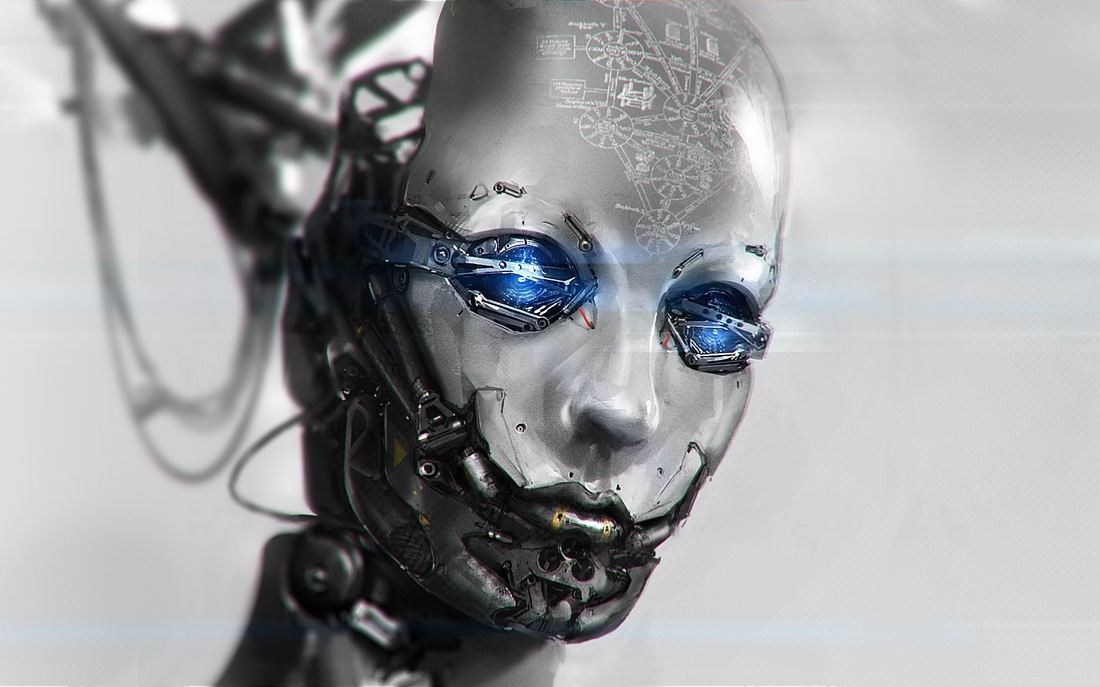

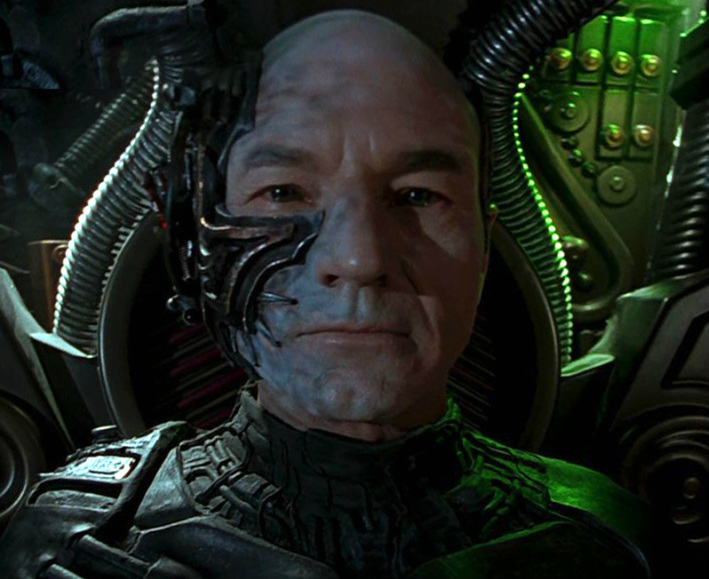

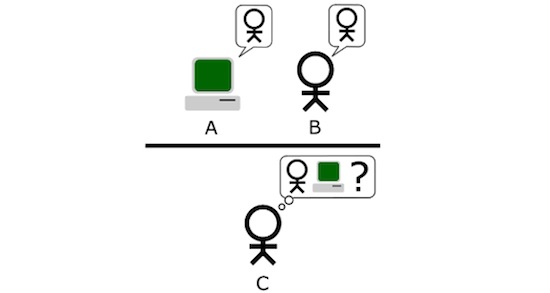
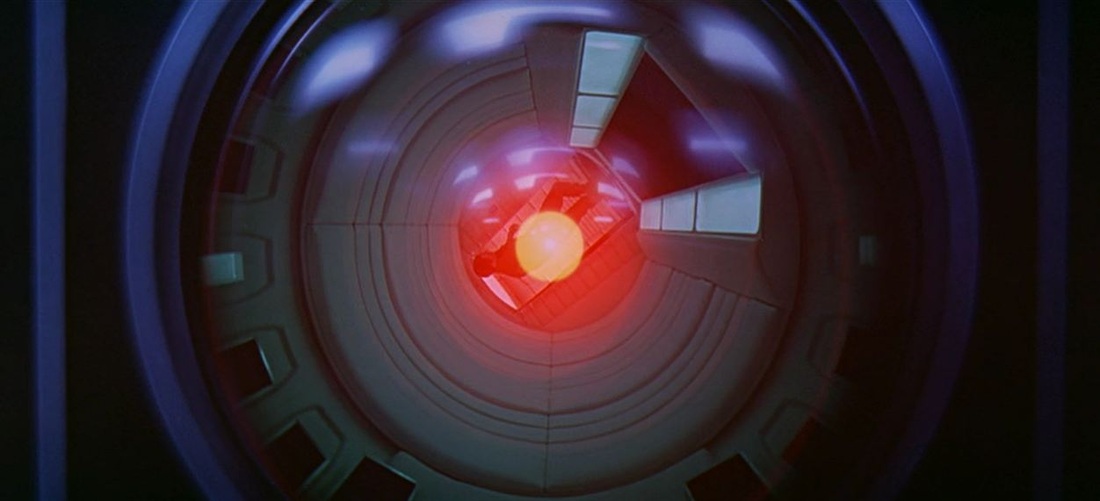
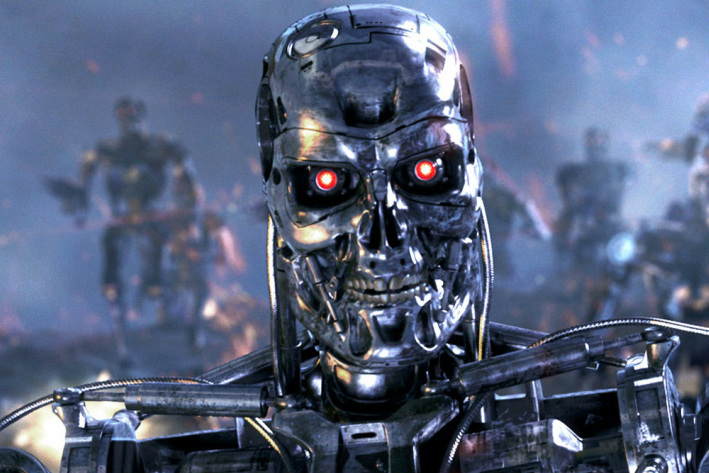
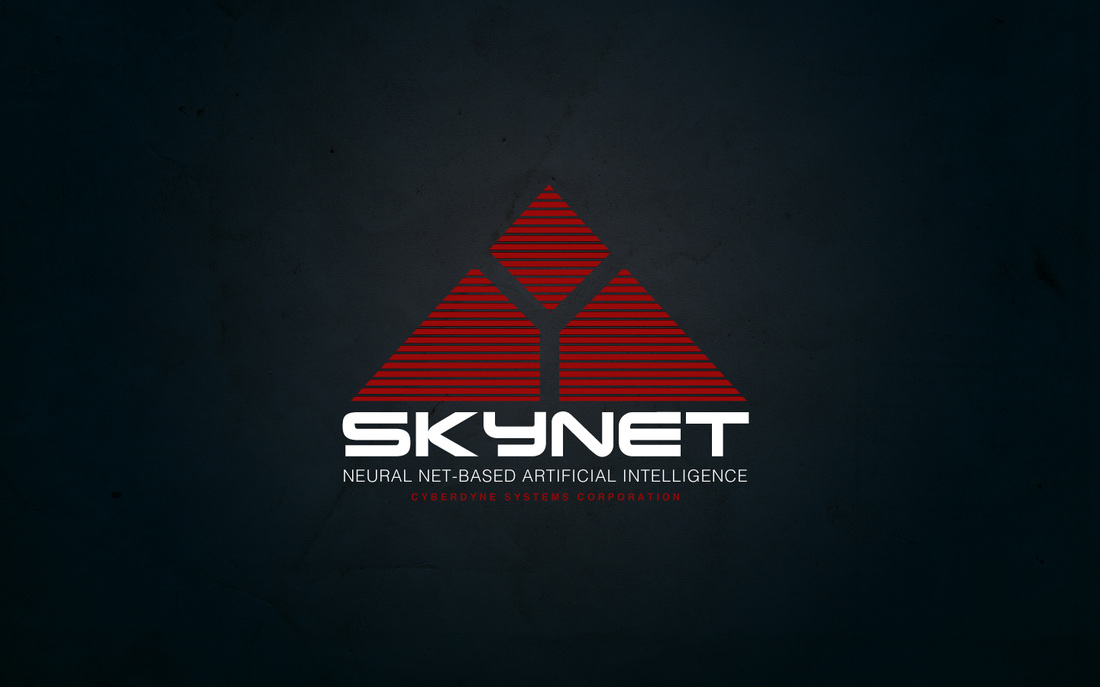
 RSS Feed
RSS Feed